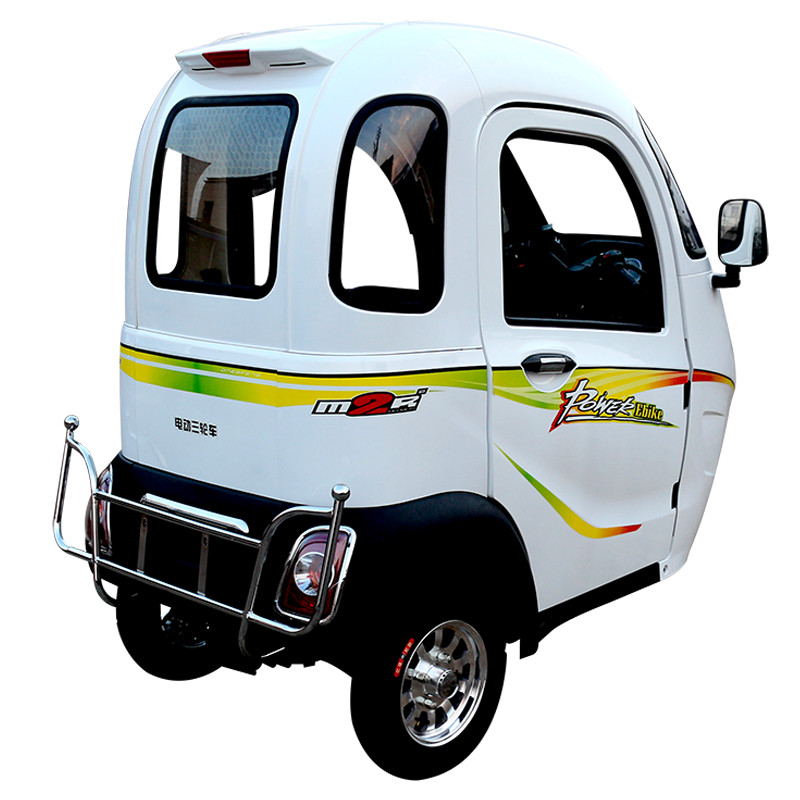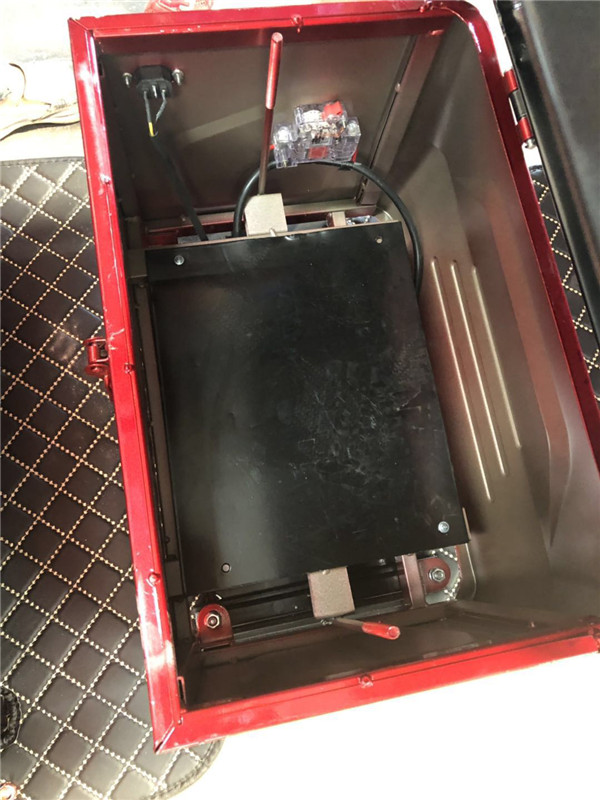Gogoro, the battery-swapping giant known for its iconic green and black batteries, has just announced that it is expanding to yet another country. The Philippines will be the next destination on Gogoro’s growing world map of battery-swapping destinations.
The company spent years developing and refining its battery-swapping technology, now used by both Gogoro’s vehicles and electric scooters made by around a dozen other manufacturers. Wheelz Electric Scooter

In Gogoro’s domestic market of Taiwan, thousands of battery-swap stations hold around 1 million batteries that have been used in over 350 million battery swaps.
That massive amount of real-world validation at home has helped Gogoro spread its battery-swapping systems internationally. The company’s modus operandi has been to seek strategic partnerships with local heavy hitters that can benefit from Gogoro’s battery-swapping standard and its wide array of sleek electric scooters.
This time Gogoro is teaming up with Globe’s 917Ventures and Ayala Corporation. The companies are combining forces to focus on introducing an eco-friendly alternative to traditional fossil fuel-powered vehicles for the last-mile delivery industry in the Philippines.
As Gogoro’s founder and CEO Horace Luke described:
Gogoro is honored to have the support of the Philippine’s Department of Energy (DOE) and the Department of Trade and Industry (DTI) to kick start this new smart mobility movement in Manila that utilizes Gogoro’s intelligent battery swapping, a new generation of EV refueling. Through our collaboration with Globe, 917Ventures and Ayala Corporation, we plan to unlock incredible environmental and sustainability benefits and introduce new smart mobility efficiencies for businesses by improving how they manage their fleets and deliveries.
Horace explained in a call with Electrek that the Philippines is unique from other markets that Gogoro has entered recently, such as the large two-wheeler markets of Indonesia and India. Compared to Indonesia’s two-wheeler market share of over 40%, the Philippines is closer to around 7%.
But the Philippines suffers from crippling transportation issues that often result in multi-hour commutes across several forms of public transportation. Distributing sustainable, efficient, and effective personal transportation on battery-swapping electric scooters could be a major key in solving the country’s transportation hardships.
That’s part of the longer-term goal, and Horace is visibly excited about the ways that Gogoro and its partners can expand access to electric scooters in the country. But the company is starting with a more centralized focus on last-mile delivery vehicles in Manila as a way to feel out the market.
“These types of B2B riders end up doing 5-6x the number of miles in a day compared to private consumers,” explained Horace. “That’s what we need to quickly calibrate this new market.”
The Manila pilot will start in Q1 2023, where delivery riders will use Gogoro’s Smartscooters as well as the company’s GoStations for battery swapping.
A pair of batteries is usually enough for around 80-120 km (50-75 miles) of range, depending on riding conditions. When those batteries begin to run low, riders simply roll up to a GoStation and swap in freshly charged batteries in a matter of seconds. The depleted batteries are recharged in the GoStation and then are ready for another scooter.
It’s a system that offers a number of advantages for Manila’s delivery riders, such as reducing the need for parking spots during long charging periods, as managing director of 917Ventures Vince Yamat explained:
We are committed to helping solve the climate crisis by introducing Gogoro to logistics businesses, helping them in their sustainability efforts. In addition, the Swap & Go technology will enable riders to be fully charged in just seconds and therefore eliminate the need for parking spots. Hopefully, this technology will encourage more Filipinos to switch to EV.
The success of Gogoro’s Smartscooters and battery-swapping network has led to quick electrification in Taiwan, especially in key areas of commercial deliveries.
As explained by the director of the Department of Energy’s Energy Utilization Management Bureau in the Philippines, Patrick Aquino, that’s a success that the Philippines hopes to reproduce:
More than 25% of Taiwan’s quick commerce deliveries and almost all of their electric deliveries are powered by Gogoro’s battery-swapping technology, and we see this solution being most beneficial to a densely populated region like Metro Manila, which is also the hub of business districts. The success of this pilot will pave the way for a new sustainable business model in other cities in the country as well. Philippines can learn from Taiwan’s experience.
That’s a sentiment shared by Taiwan’s vice minister of the Ministry of Economic Affairs Chuan-Neng Lin:
Gogoro’s leadership in battery swapping, vehicle design, and innovation has transformed two-wheel mobility in Taiwan and fostered a new smart mobility industry of eco-friendly businesses and end-users. We look forward to businesses and riders in the Philippines experiencing the benefits of Gogoro’s smart mobility like we have in Taiwan. Together, with Gogoro, we can all reach our net-zero carbon emissions goals.
Gogoro’s success in Taiwan is already being reproduced in other countries as the company continues its global expansion.
Pilots in India, Indonesia, China, Singapore, Israel, and other countries are currently underway, providing unique testing opportunities around the world. Gogoro even held the honor of being named the official vehicle of the G20 Summit earlier this month, where the company’s scooters were used to shuttle VIPs around Bali.
As a Tel Aviv resident, I’ve been able to personally experience Gogoro’s battery-swapping network in Israel. I’ve had a Gogoro S2 ABS Performance electric scooter for the last couple of months and have already made several battery swaps while my wife and I use it as our daily driver around the city.
Completely removing the need to charge means that we don’t worry about range or finding a place with a plug to park for several hours.
And the fact that the scooter looks so neat hasn’t hurt either!
FTC: We use income earning auto affiliate links. More.
Subscribe to Electrek on YouTube for exclusive videos and subscribe to the podcast.
Micah Toll is a personal electric vehicle enthusiast, battery nerd, and author of the Amazon #1 bestselling books DIY Lithium Batteries, DIY Solar Power, The Ultimate DIY Ebike Guide and The Electric Bike Manifesto.
The e-bikes that make up Micah’s current daily drivers are the $999 Lectric XP 2.0, the $1,095 Ride1Up Roadster V2, the $1,199 Rad Power Bikes RadMission, and the $3,299 Priority Current. But it’s a pretty evolving list these days.
You can send Micah tips at Micah@electrek.co, or find him on Twitter, Instagram, or TikTok.

Electric Invalid Scooter Great e-bikes at great prices!